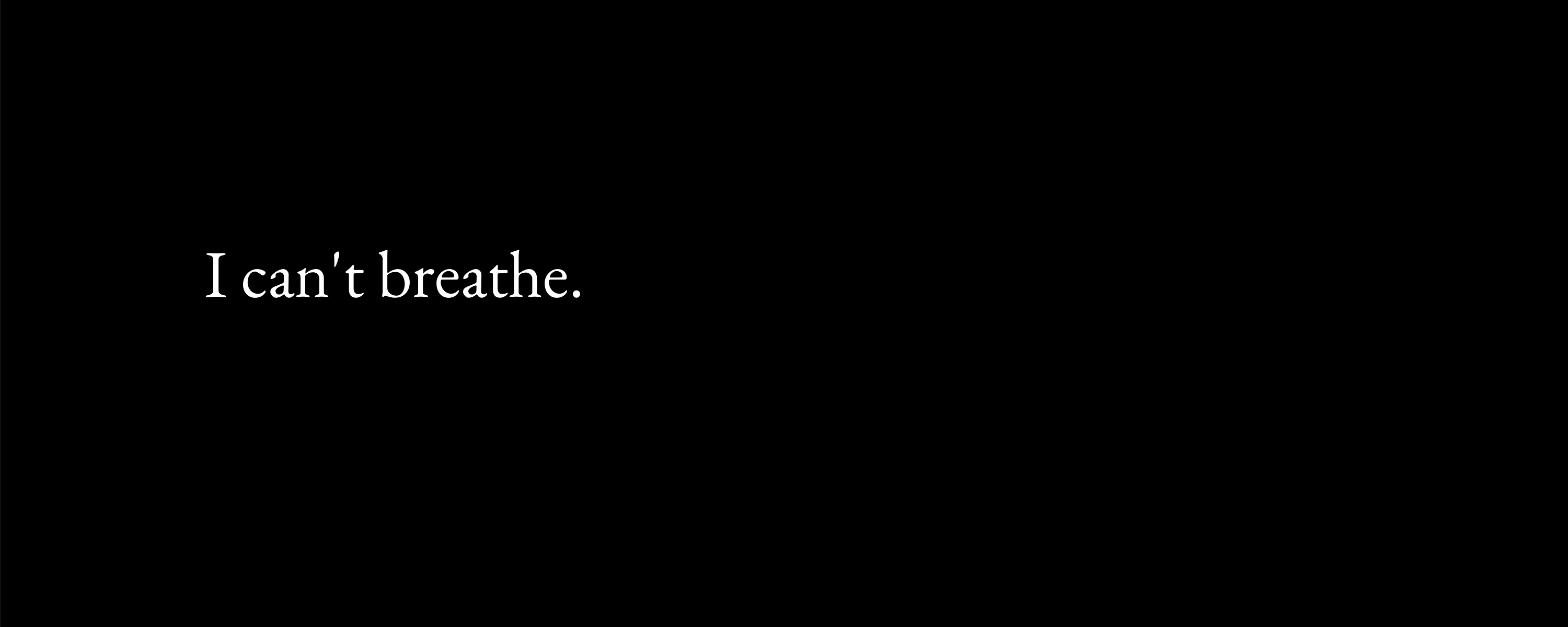
Words from emilie m. townes, dean of Vanderbilt Divinity School, E. Rhodes and Leona B. Carpenter Chair, Professor of Womanist Ethics and Society
Once again, a Black man was killed while in police custody. The images of his life slipping away because of the knee planted on his neck by the White police officer as Floyd was in handcuffs and face down on the pavement has been broadcast in video and still photo horror. It is undeniable—he was killed with no weapon in hand, no threatening gestures to incite lethal response, only the suspicion of forgery. George Floyd’s words hang in the air like mournful specters, “I can’t breathe.”
We have heard this before.
Our country’s laws protect fear and prejudice and make it acceptable to use lethal force not only by the police, but by citizens who can use suspicion as a reason to end a life. It is obscene that we have moved from the dangers of driving while Black to sitting in our homes, using public parks, birdwatching, renting vacation homes, and more because of the ongoing legacy of legalized racism and discrimination.
We have heard this before.
And now, with the volatile mix of a pandemic, police brutality, anger, and frustration stirring a violent portion of protest along with peaceful protest, we are facing a reckoning as a nation and as a school of the prophets. At VDS, we say our purpose is
- to engage in theological inquiry;
- to help persons prepare for the practice of Christian ministry and public leadership;
- to encourage personal and spiritual formation;
- to prepare agents of social justice; and
- to educate future scholars and teachers, locally and globally.
We have the tools to engage our roiling times. George Floyd’s life, like the far too many who have been killed, matters. As a school, we will continue to teach, preach, and practice this inside the classroom and in the public spaces we inhabit. It is the gospel. It is our mandate.